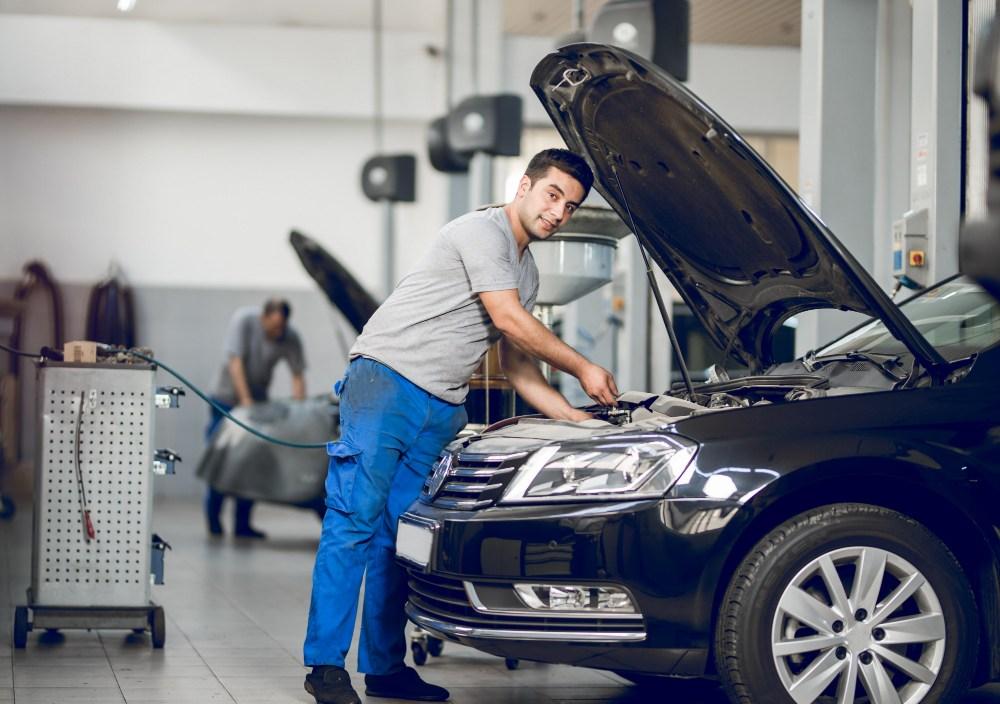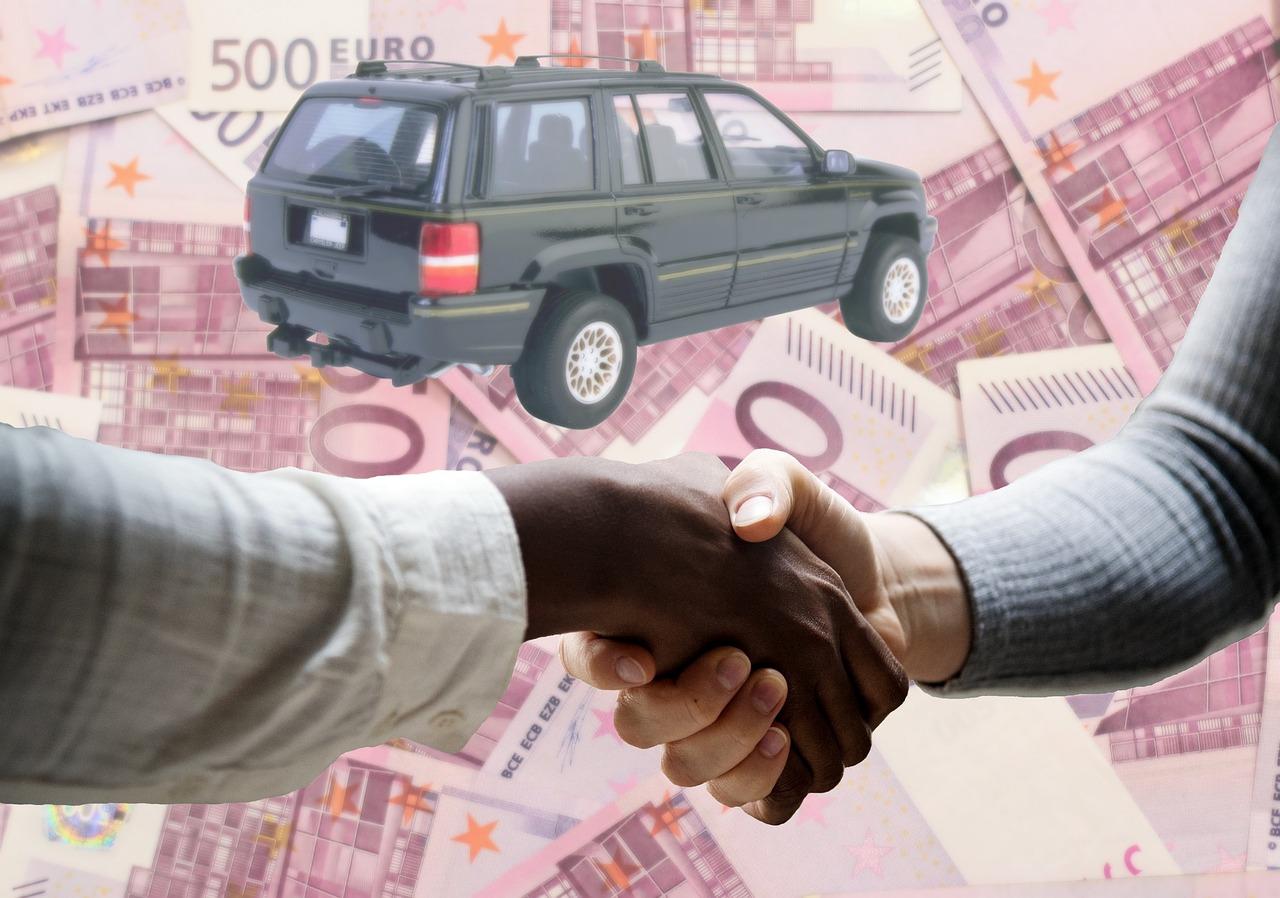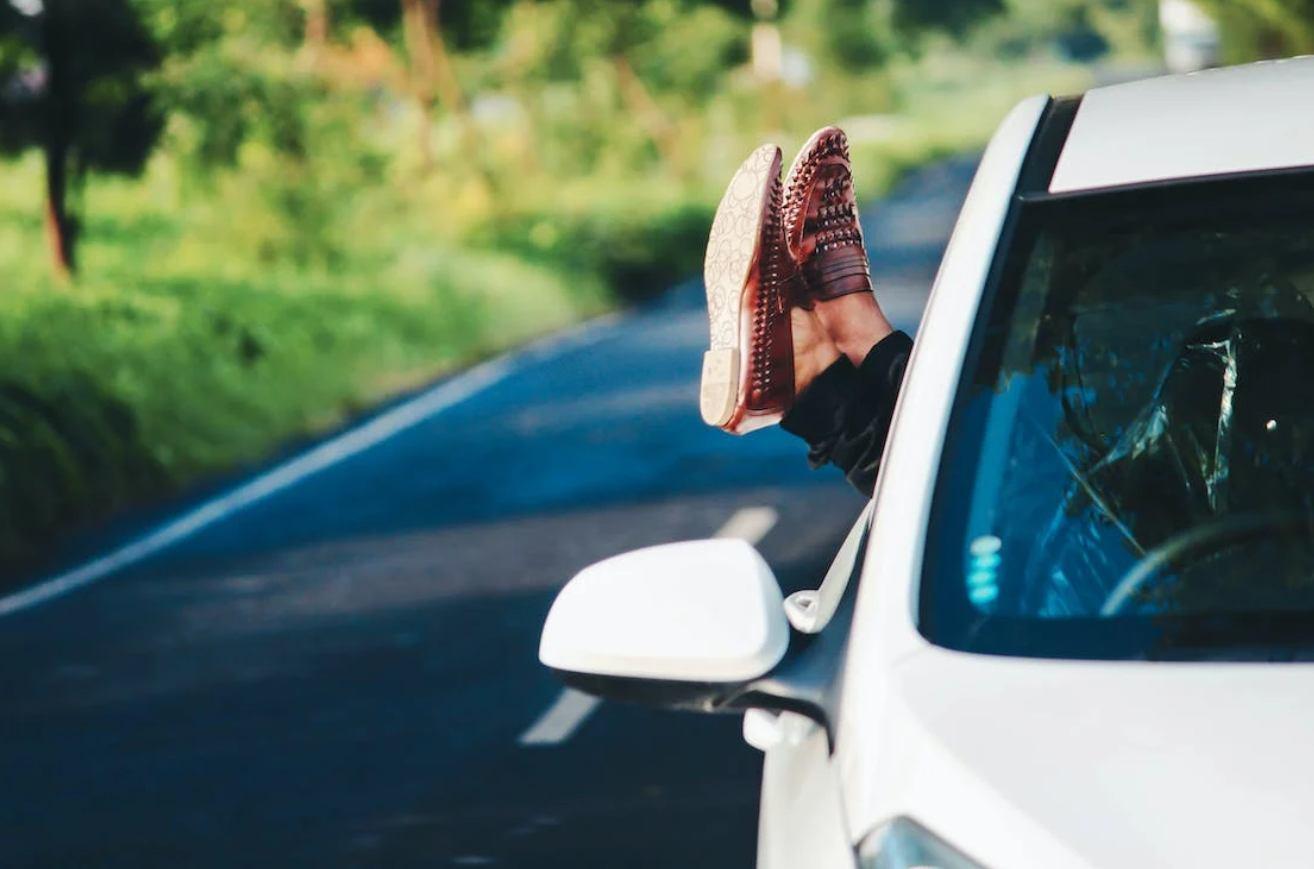No one ever wants to get into a car accident, but sometimes they just happen. No driver is perfect, and every driver makes mistakes. Sometimes, it’s not even the result of a mistake, but of circumstances outside of either driver’s control, like ice on the road.
You should be prepared in advance for what must be done in the moments following a car accident. You’ll need to check people for injuries, move your vehicles, contact emergency services, and more. Here are the steps you should take, in the order you should take them.
Table of Contents
See If Anyone Is Hurt
The top priority following a car accident is to make sure no one is hurt. If someone is hurt, you can administer first aid. Don’t move anyone unless they’re in danger of further injury from being left where they are – for example, if the car is on fire, you should definitely move the injured person to a safer location. Try to keep their spine stable and avoid twisting or yanking it.
Move Yourself and Your Vehicle to Safety
If at all possible, you should move your vehicle completely out of the road. Do you have a roadside emergency kit? If so, it should contain some flares or reflective triangles. Set these up on either side of the accident scene to warn oncoming drivers. This is especially important to do if you can’t get your cars out of the road because they’re too damaged. Take yourself and any passengers off the road and out of danger from traffic.
Call 911
Call 911 and ask for first responders to attend to the scene. In most states, you cannot leave the scene of an accident if there have been more than $1,000 in damages to either vehicle. The police will need to come, investigate, and compile a report that you will need to present to your insurance company. The 911 dispatcher can also send paramedics to check everyone out, administer first aid for injuries and transport the injured to a hospital.
Document the Scene
Get out your phone camera and document the scene. Take pictures of the damage to your car, of the road conditions, and of any relevant signage or lack thereof. As soon as possible after the accident, draw a diagram showing how the accident occurred to the best of your recollection. Write down the sequence of events, too. This information could prove invaluable if you have to get a Grand Junction personal injury lawyer and go to court later.
Trade Info with the Other Driver
You should trade contact information and insurance information with the other driver. Give your name, address, phone number, insurance carrier, and insurance policy number, and collect that same information from the other driver. Get the other person’s driver’s license number as well. Do not tell the other person your insurance coverage limits.
Make sure you document the make and model of the car, and who owns the car. If the driver isn’t the registered owner of the car, find out what the driver’s relationship to the owner is. Get a picture of the other driver’s license plate. Get the names, addresses, and phone numbers of any witnesses to the accident.
Don’t Admit Fault
It’s very important that you not admit fault in the moments after an accident. Emotions can run high, and you can find yourself compelled to apologize, even if you don’t think the accident was your fault. Indeed, the accident may not have been your fault, even if you think it was. Admitting fault at the scene of the accident could put you at a disadvantage if you need to take the other driver to court, or if they take you to court. Let the police investigate and determine who is at fault.
Seek Medical Care Whether You Think You Need It or Not
In the aftermath of a car accident, you’re most likely pumped full of adrenaline. You may be injured and not even feel it. You may not feel the symptoms of soft tissue injuries like whiplash for several days after the accident. If you are hurt, you’ll want to begin treatment right away to keep the injury from getting worse. If you need to sue the other driver, you’ll need to be able to prove that your injuries were connected to the car crash. Have the paramedics check you out after the accident and go to the hospital if they recommend it.
You need to do everything right after a car accident, or you could find yourself on the losing end of a lawsuit, or injured and stuck with medical bills you can’t pay. Take the right steps to document the accident and get the care you might need for your injuries, so you can focus on recovering and moving forward.
Also, Read – 5 Benefits of Using Phone Answering Support



